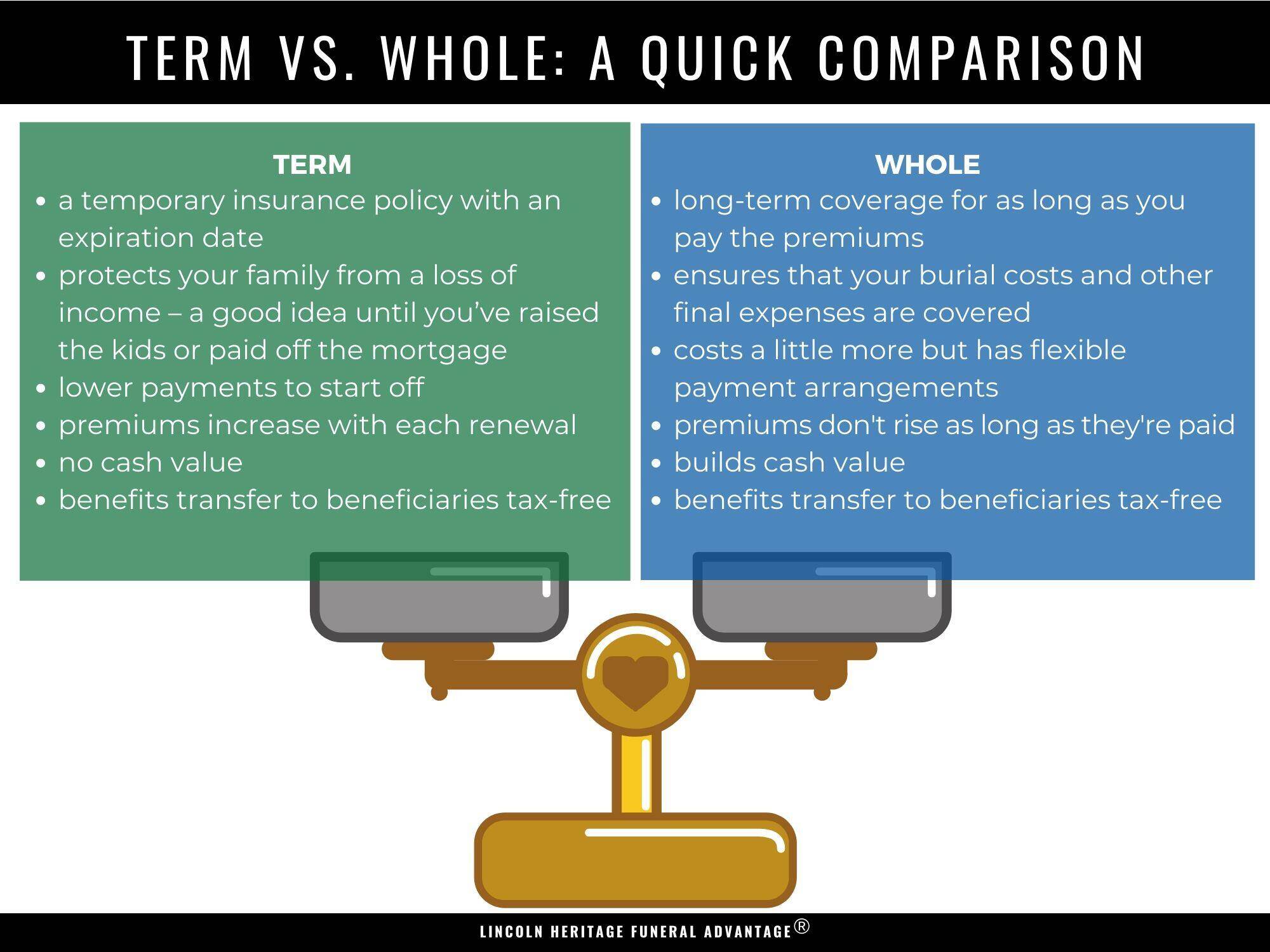There are a few things that can happen in insurance that are called “twisting.” One is when an insurance company denies a legitimate claim. They may do this by finding any excuse to not pay, such as saying the policy was not properly followed or that the damages were not caused by the covered event.
Another type of twisting is when an insurance company charges excessive premiums for a policy or raises rates without justification. They may also refuse to renew a policy when it expires or cancel it for no good reason. This is all known as bad faith insurance.
If you think you are a victim of twisting, there are steps you can take. First, try to resolve the issue with the insurance company directly. If that doesn’t work, you can file a complaint with your state insurance department. Finally, you can file a lawsuit against the company.
Insurance is an important part of our lives, and we should not have to deal with these types of shenanigans from our insurers. Hopefully, by being aware of what twisting is and what to do about it, we can all avoid these problems.

What Is Twisting In Insurance Definition:
To twist something is to turn it around, usually in a sudden or unexpected way. In business, the term “twisting” is often used when describing what insurance companies do to make more money. This can be done by increasing premiums, reducing coverage, or tightening eligibility requirements.
While many people view twisting as an unfair and underhanded practice, insurance companies see it as a normal way of doing business. They argue that they need to make adjustments in order to stay profitable in a changing market.
Whether you think twisting is fair or not, it’s important to be aware of what’s going on in the insurance world. By understanding the strategies insurance companies use, you can make more informed decisions about your coverage.
Twisting And Churning Life Insurance:
is a process that is used to identify potential sales opportunities. The idea is that an agent will contact a policyholder, remind them of their policy, and then try to sell them a new one. This can be extremely harmful to policyholders, as it can cause them to pay more for their coverage than they need to. It can also lead to gaps in coverage, as policyholders may forget to renew their policies or maybe sold a policy that is not right for them.

Fortunately, there are ways to protect yourself from being churned. First, it is important to understand what life insurance twisting is. This can be done by reading your policy carefully and understanding the terms and conditions. It is also important to be aware of your rights as a policyholder and to know when you are being contacted by an agent with the intent to sell you a new policy.
If you feel like you are being pressured into buying something that you don’t want or need, it is important to speak up and say no. You may also want to consider working with an independent agent, who is not affiliated with any particular insurance company. This can help to ensure that you are getting the best deal possible on your coverage.
Difference Between Churning And Twisting In Insurance:
Churning and twisting are two different concepts in the insurance world. Churning is when an agent or company encourages policyholders to cancel their old policies and buy new ones from them. This can be done by raising rates on the old policy, or by offering a very attractive deal on a new policy. Many states have laws against churning because it is considered unfair to the policyholder.

Twisting, on the other hand, is when an agent or company tries to get a policyholder to switch from their current insurance company to them. This can be done by offering a lower rate, or by promising better service. Unlike churning, twisting is not illegal in most states. However, it can be considered unethical, because the agent is trying to take advantage of the policyholder’s loyalty to their current insurance company.
So what’s the difference? Churning is bad because it’s unfair to the policyholder, while twisting is bad because it takes advantage of the policyholder. Both practices can end up costing the policyholder more money in the long run, so it’s important to be aware of what’s going on when shopping for insurance.
Life Insurance Long-Term Benefits:
There are many long-term benefits to having life insurance, even if you are not the primary breadwinner in your household. If something happens to you, your loved ones will be able to maintain their current lifestyle and may even be able to continue living in the family home.
One of the main benefits of life insurance is that it can help protect your family from financial hardship if something happens to you. Your loved ones will be able to receive a death benefit, which can help cover funeral costs and other expenses.

Another benefit of life insurance is that it can provide peace of mind. Knowing that your loved ones are taken care of in the event of your death can help you rest easier knowing that they are taken care of financially.
If you are not the primary breadwinner in your household, having life insurance can be especially important. If something happens to you, your loved ones will be able to maintain their current lifestyle and may even be able to continue living in the family home.
Having life insurance is a smart way to protect your loved ones financially in the event of your death. It can provide them with a death benefit, which can help cover funeral costs and other expenses. It can also provide them with peace of mind, knowing that they are taken care of financially if something happens to you. If you are not the primary breadwinner in your household, life insurance is especially important. Contact a life insurance agent today to learn more about the benefits of life insurance.
What Is Twisting In Commercial Insurance:
Insurance is a contract between an insurance policyholder and an insurer, whereby the insurer agrees to pay the policyholder a sum of money (an insurance payout) in the event of a specific occurrence.
There are many different types of insurance policies, each with its own set of rules and regulations. The most common types of commercial insurance policies are property insurance, liability insurance, and workers’ compensation insurance.

Each of these policies has its own unique twists and turns that business owners need to be aware of. For example, property insurance can be tricky because it can be difficult to know which risks are covered and which ones are not.
Liability insurance is also complex, as it can be difficult to determine who is responsible for an accident or injury. And workers’ compensation insurance is unique in that it can be difficult to determine whether an employee is covered under the policy.
Business owners should consult with an insurance broker or agent to learn more about the specific twists and turns of each commercial insurance policy. Brokers and agents have years of experience and knowledge in the insurance industry, and they can help business owners make the best decisions for their businesses.
In short, commercial insurance is a complex area with many twists and turns. Business owners need to be aware of these complexities and consult with an insurance broker or agent to make sure they are properly insured. Thank you
